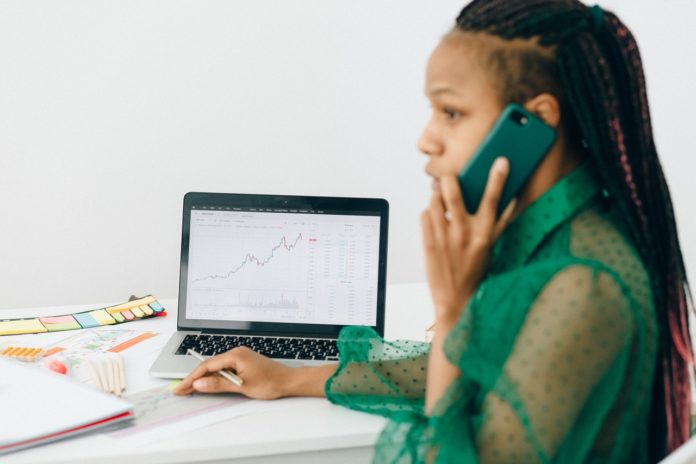Trading foreign securities in the UK has never been easier. You can now buy and sell various international shares through exchange-traded funds (ETFs) listed on the London Stock Exchange.
But before you start trading ETFs, it’s essential to understand how they work and the risks involved, and here’s what you need to know about investing in foreign securities through ETFs.
What are ETFs?
ETFs, or exchange-traded funds, are financial investment funds that trade on stock exchanges, just like stocks. They are typically used to track an underlying index, such as the S&P 500. ETFs can be bought and sold throughout the day, and they offer investors a way to get exposure to a wide range of assets in a single investment.
Why invest in foreign securities?
The UK is one of the most vital financial centres in the world. And while it’s home to several world-leading banks and businesses, many UK-based traders are turning their attention to foreign securities.
There are several great reasons you might want to consider investing in foreign securities too:
Diversify your portfolio
One reason is diversification. By investing in different markets, traders can help reduce their overall risk. For example, your portfolio will take a hit if you have all your eggs in one basket and the UK economy tanks.
Access to new opportunities
Another reason to consider investing in foreign securities is that it can give you access to new opportunities. For example, if you’re interested in investing in Chinese companies, you may not be able to do so through a traditional US broker. However, several ETFs track Chinese indexes, such as the Shanghai Stock Exchange Composite Index.
Potential for higher returns
Investing in foreign securities also comes with the potential for higher returns. While there’s no guarantee that you will make money, investing in new and emerging markets can offer a higher potential for growth.
The principal risks of investing in foreign securities
Of course, there are also risks to consider before investing in foreign securities.
Political risk
One of the most significant risks is political risk, which is the risk that a country’s government will take actions that could negatively impact your investment. For example, if a country were to nationalise its industries, it could significantly impact any companies you’re invested in.
Currency risk
Another common risk is currency risk, which is the risk that the value of a currency will change. For example, if you’re investing in Japanese stocks, you would be exposed to currency risk if the yen’s value declined.
Volatility
Investing in foreign markets also risks higher volatility because they can be more volatile than developed markets. For example, the Chinese stock market crashed in 2015, which caused many ETFs tracking Chinese indexes to lose a significant amount of value.
Before you invest
Before investing in foreign securities, it’s essential to understand the risks, and you should also consider your investment goals and objectives and your risk tolerance. If you are comfortable with the risks, investing in foreign securities may be an excellent way to diversify your current portfolio and earn higher returns. However, if you are not comfortable with the risks, you may want to consider other investment options.
How to get started in trading foreign securities
If you’re interested in an ETF investment and foreign trading securities, there are a few things you need to know. First, you’ll need to open a trading account with a reputable and experienced online broker like Saxo Bank that offers access to the markets you want to trade-in. You’ll also need to have a good understanding of the risks involved. And finally, you’ll need to make sure you have enough capital to cover your trades.
Conclusion
Investing in foreign securities can be a great way to diversify your portfolio and potentially earn higher returns. However, there are several risks to think about before you get started. So, make sure you understand the risks involved and the markets you want to trade-in. And always remember to start with small trades until you get more experience.









